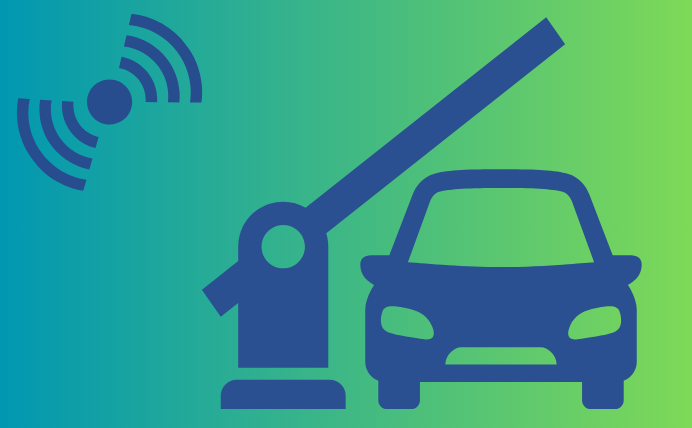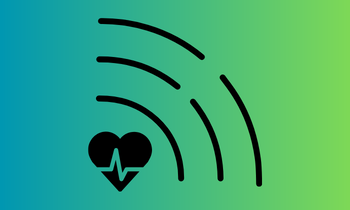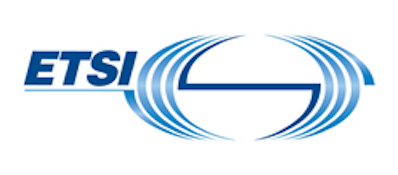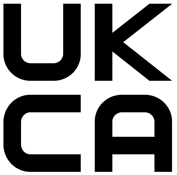

As the world continues to be transformed by smart technology, radio-frequency identification (RFID) is increasingly being adopted in healthcare to improve patient care and outcomes, optimise business processes and workflows, and reduce costs. Integrating technology into the health-care system is an increasingly important way to enhance patient care and outcomes whilst optimising businesses processes and workflows.
.png)
Healthcare is expected to meet high demands from patients, which include optimal treatment, high safety and quality standards, seamless processes, and a comfortable environment that aids speedy recovery.
RFID adoption among healthcare professionals should improve productivity with enhanced patient safety, time-saving, and improved inventory management among the greatest benefits.
By implementing innovative technology in health and wellness ecosystems smart healthcare is already enhancing patient care and outcomes. Read on to discover how RFID technology can help these demands not just be met but also exceeded.
Growth in RFID in healthcare
At the beginning of this year Digital Journal anticipated that the RFID in healthcare market would grow by 21% (1), and according to Precedence Research (2) the global RFID in Healthcare market is expected to reach around US$ 12 billion by 2027.
The global healthcare RFID market is primarily led by North America, owing to its high number of hospitals and regulatory measures concerning patient safety. Europe is expected to emerge as the second most lucrative market for healthcare RFID systems, benefitting from favourable government funding and strong-support for healthcare sector development. Additionally, the region's increasing investments in research and development offer promising opportunities for market growth in the near future.
According to Digital Journal (3) the drivers of growth in RFID in the healthcare sector is growing demand from hospitals, especially those who have a huge problem with inventory management coupled with growing awareness of the benefits of RFID.
RFID Journal(4) report “that the tagging of pharmaceutical products via radio frequency identification (RFID) technology is ramping up. Several standards organizations are creating guidelines for RFID tag encoding, performance and data management, in order to make them more universally useable by pharmacies, logistics firms and hospitals.”
In addition, a 13.9% increase in the global surgical instruments tracking system market is projected (5).
What is RFID in Healthcare?
In recent years, there has been a strong uptake of RFID technology in healthcare, which exploits wireless communication to identify and track individuals and equipment. The application of RFID is vast you can already see it having a measurable impact on asset tracking, monitoring reusable PPE, implant tracking, sterile services, temperature monitoring, theatre inventories, asset labelling, baby safety and caring for wandering patients and staff.
For example, Health Tech Magazine (6) reports how RFID technology is ensuring no newborn babies are abducted or accidentally switched at birth by attaching bands with RFID tags around their ankles, providing families with better protection for their new babies.
And by combining operating room workflow management and mobile communications technology can make sure surgeries start on time, reducing wait times between registration, the preoperative assessment, the surgery itself and the postoperative recovery room.
Traceability, identification, and accuracy are critical in healthcare environments as even the slightest errors can have life-altering consequences for patients.
Healthcare managers and clinicians can achieve real-time visibility and control over their workflows, supplies, patients, and options with RFID technology, despite the complexity of healthcare systems.
Implementing RFID in healthcare
As a wireless technology that transfers data from an electronic tag attached to an object through a reader using radio waves, RFID presents an approach to identify and manage tools and equipment. The technology is successfully applied in many areas including manufacturing, supply chain, agriculture, and transportation, but one of its growing sectors is healthcare.
Patient tracking, long wait times at hospitals, medication errors, poor inventory management, parking management, and lack of information and access are among the major industry concerns. By automatically identifying and tracking objects, RFID technology provides a variety of solutions to these challenges.
Benefits of RFID in healthcare
To track patients, locate equipment, and fast-track care, healthcare providers employ RFID-enabled technology, including real-time location systems. Using RFID tags to:
- Track patients ensuring they receive the correct treatments and medications at the right time.
Attach to medication to help reduce errors in medication and dosage. - Track medical equipment so it can be located quickly and efficiently, when needed reducing the time spent searching for equipment and improving patient care.
- Monitor surgical instruments throughout the surgical process, from sterilisation to use in the operating room.
- Enhance hand hygiene tracking practices to prevent hospital-acquired infections.
- Record and track individuals' belongings reducing loss.
These benefits can help to mitigate drug counterfeiting, simplify the clinical trial process, improve accuracy of patient identification, assist inventory management, streamline patient tracking, improve communication between caregivers and patients, and the risk of administering the wrong medications is eliminated.
RFID myths in healthcare
There are a few common myths about RFID technology that are worth addressing:
- Limited usage – although RFID technology is successful in inventory management, its applications extend far beyond this.
- Privacy concerns - While RFID technology is very successful it cannot be used to track people without their knowledge and consent. RFID tags do not contain GPS technology, and they can only be read at close range, typically within a few metres.
- High cost - The cost of RFID technology has decreased significantly in recent years, and it is now more affordable than ever before, making RFID tags a cost-effective solution for a variety of applications.
- Security risk – Any security concerns are addressed with proper implementation and encryption.
Meeting your requirements
More hospitals are integrating RFID with their healthcare information systems due to the better efficiency, improved process control, increased safety, better planning and control, enhanced patient comfort, and quicker response to critical events that RFID provides.
To discuss your bespoke RFID requirements to solve your organisational challenges in healthcare get in touch.
References:
1 - https://www.digitaljournal.com/pr/news/radio-frequency-identification-rfid-smart-cabinets-market-excellent-cagr-of-11-20-by-2029-size-share-trend-demand-challenges-and-competitors-outlook
2 - https://www.precedenceresearch.com/rfid-in-healthcare-market
3 – https://www.digitaljournal.com/pr/rfid-in-healthcare-market-anticipated-to-grow-at-cagr-21-development-trends-overview-growth-rate-share-and-key-players
4 - https://www.rfidjournal.com/hospitals-joining-pharmaceutical-rfid-standards-organization
5 - https://www.pharmiweb.com/press-release/2023-02-01/government-organizations-across-the-world-are-setting-guidelines-for-traceability-from-manufacturer
6 - https://healthtechmagazine.net/article/2021/01/how-rfid-solutions-improve-patient-safety-and-hospital-workflow
Posted: Monday, 29th May 2023









-(350-×-210px)-(1).png)
-(350-×-210px)(1).png)